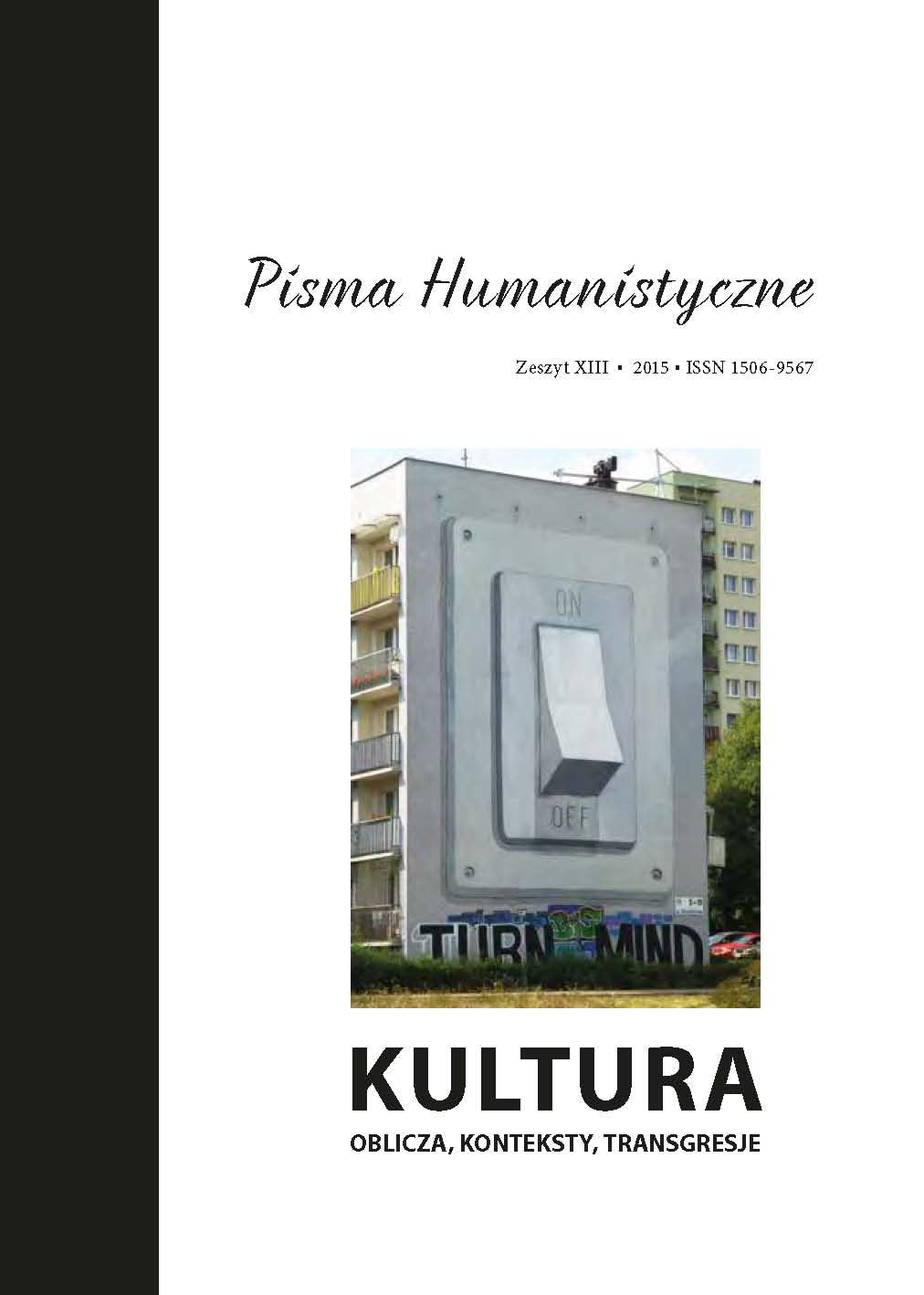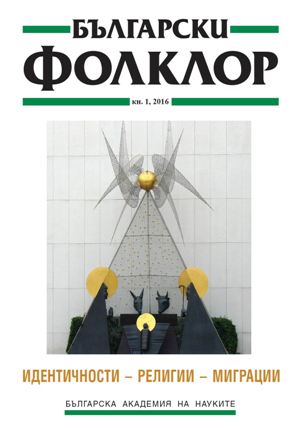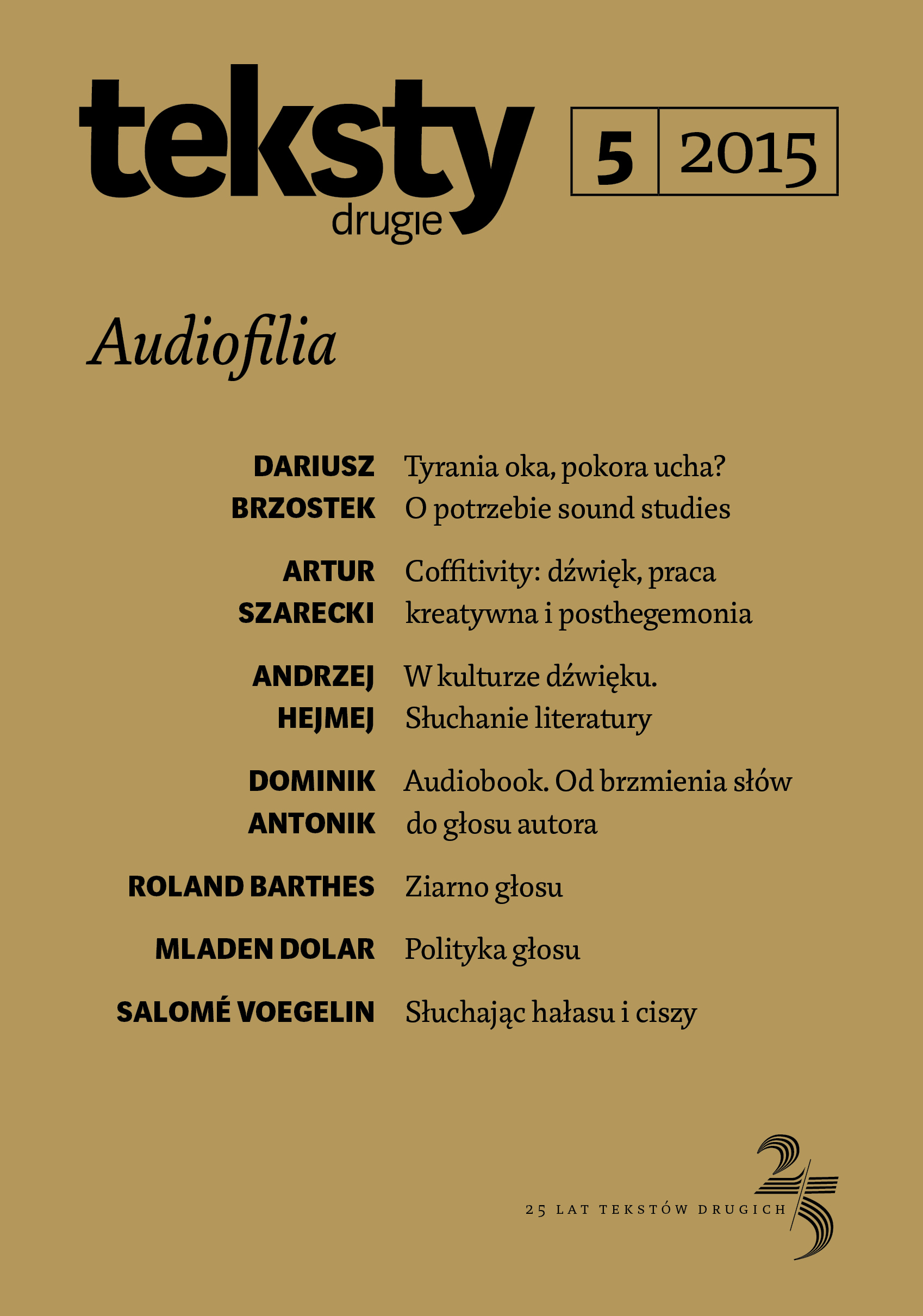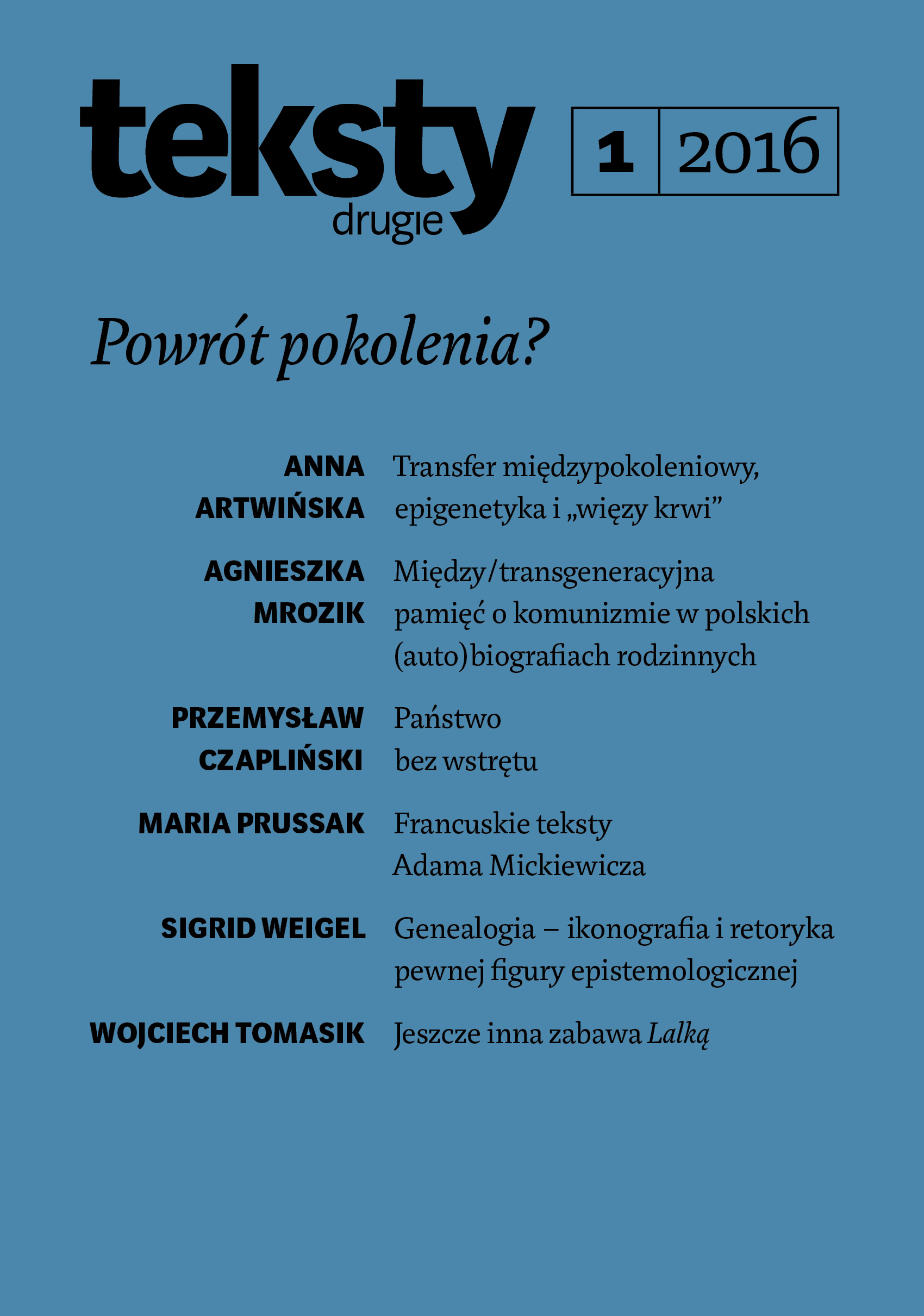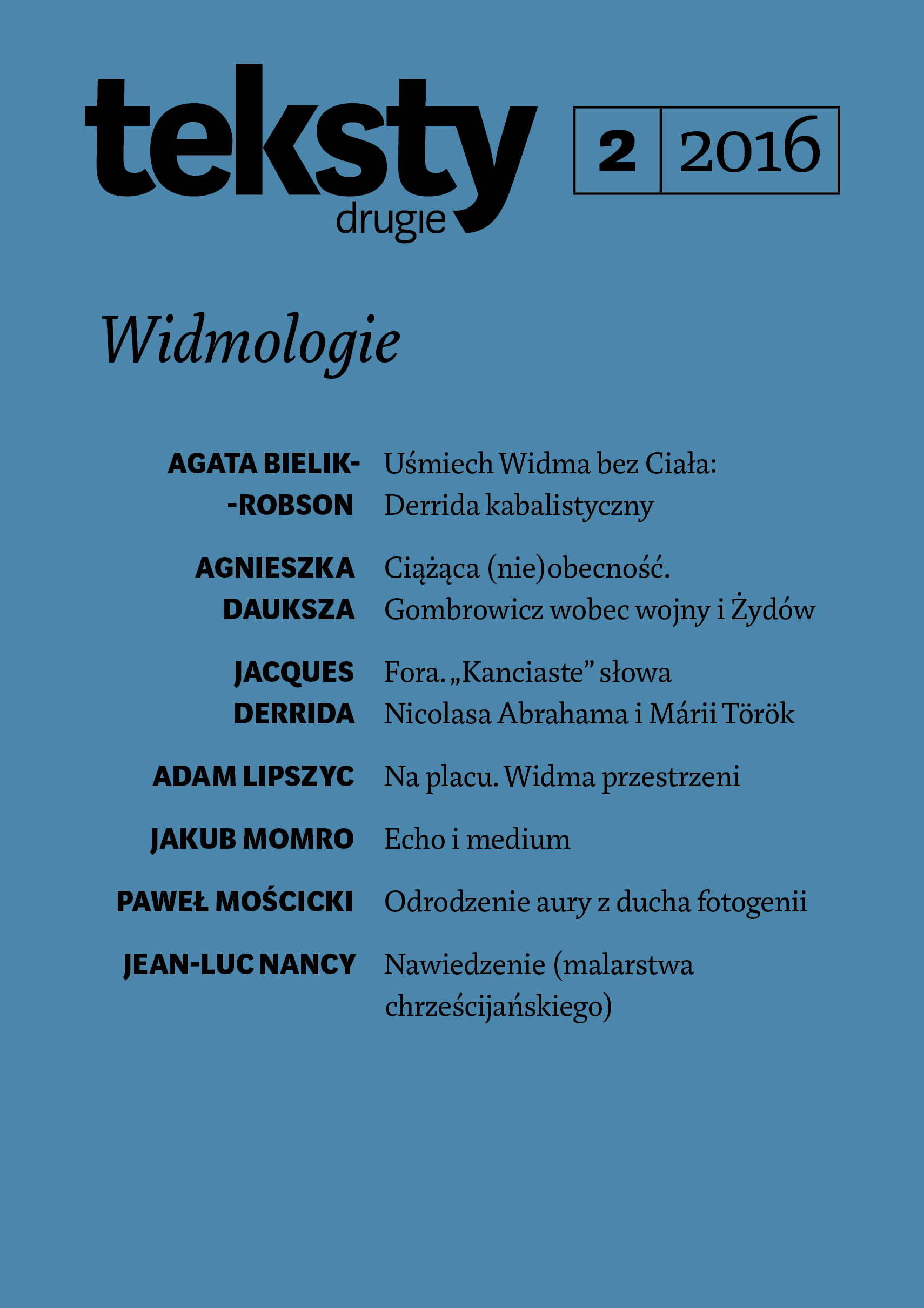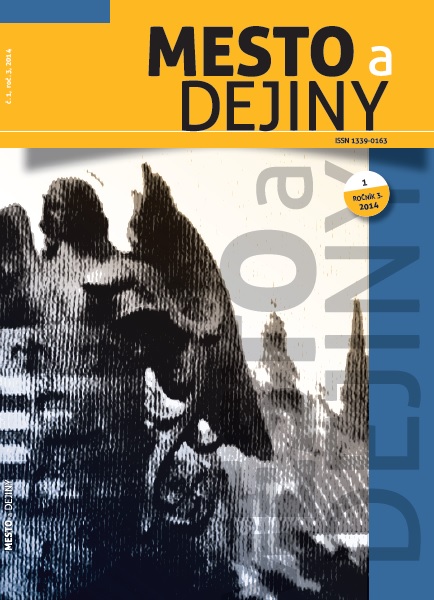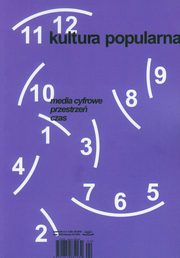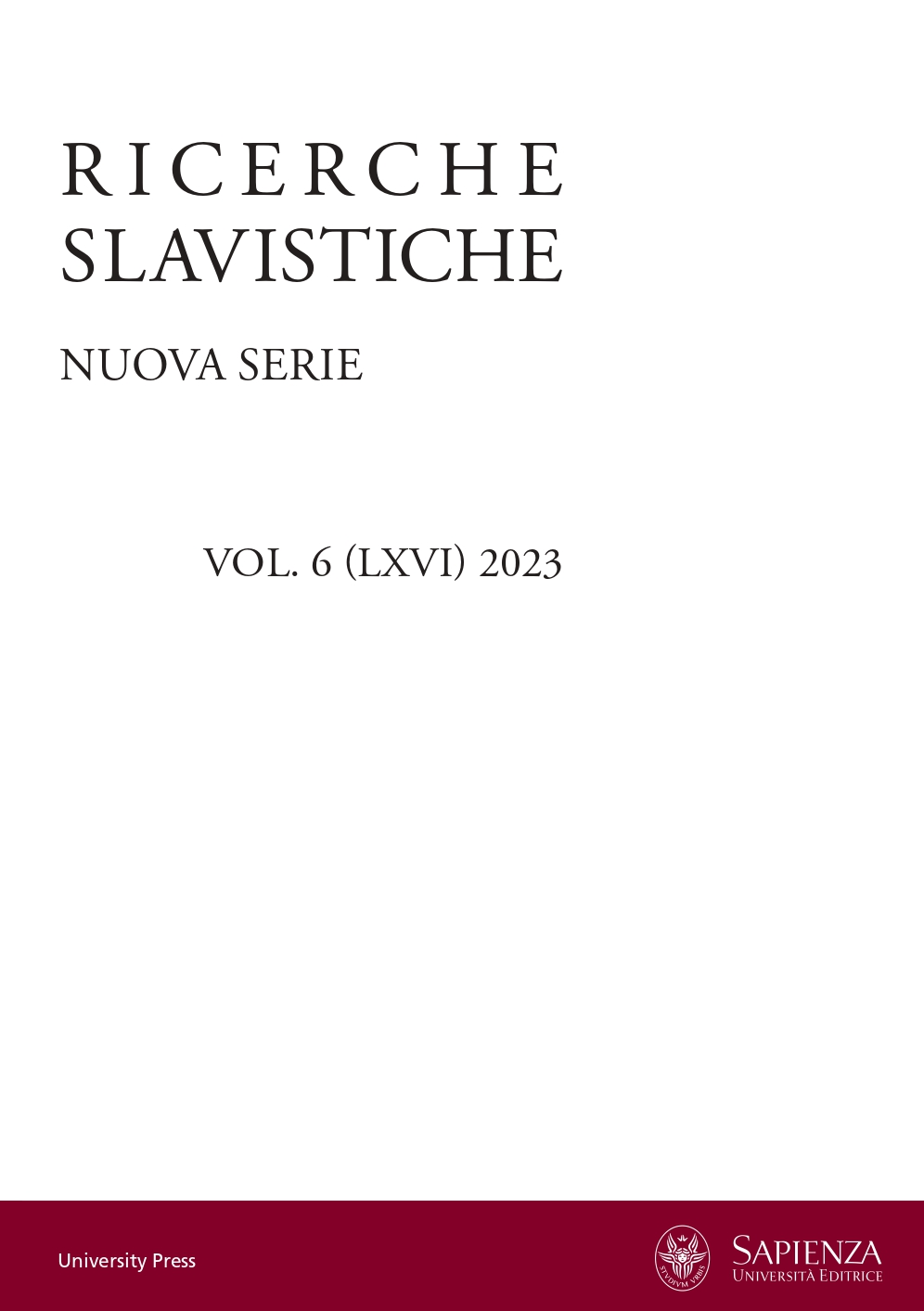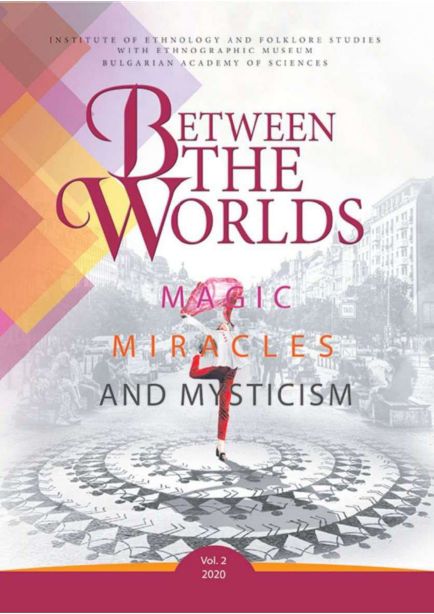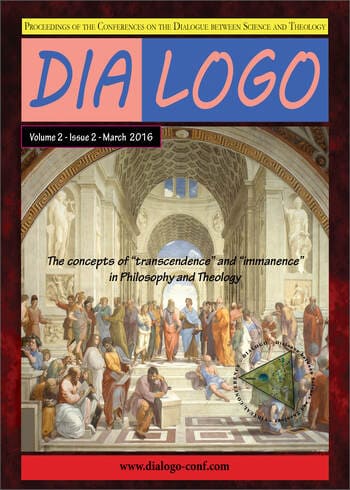
The philosophic background as starting-point for early Christian doctrine of God’s immanence
In philosophy of religion the term of Immanence is mostly applied to GOD in contrast to the divine Transcendence. This relation, as we will see here, it is not far from the truth since one cannot be without the other, however they are not to be put in contrast, but in conjunction. The one-sided insistence on the immanence of God, to the exclusion of His transcendence, leads to Pantheism, just as the one-sided insistence upon His transcendence, to the exclusion of His immanence, leads to Deism. These two can be separated, but the consequences are great for human knowledge and society; it is the two taken together that result in, and are necessary to Theism. But from the least complicated idea that even the name of God is a manifestation of His immanence contrasting with Deus absconditus, whose existence and name cannot be known or thought, theology and religion in general need to regard immanence of God as crucial for the acts of worship. What are the philosophical background for Christian theology to imply the immanence characteristic for God’s existence related to His creation? – This is the main question the present work tries to answer as an overview.
More...
